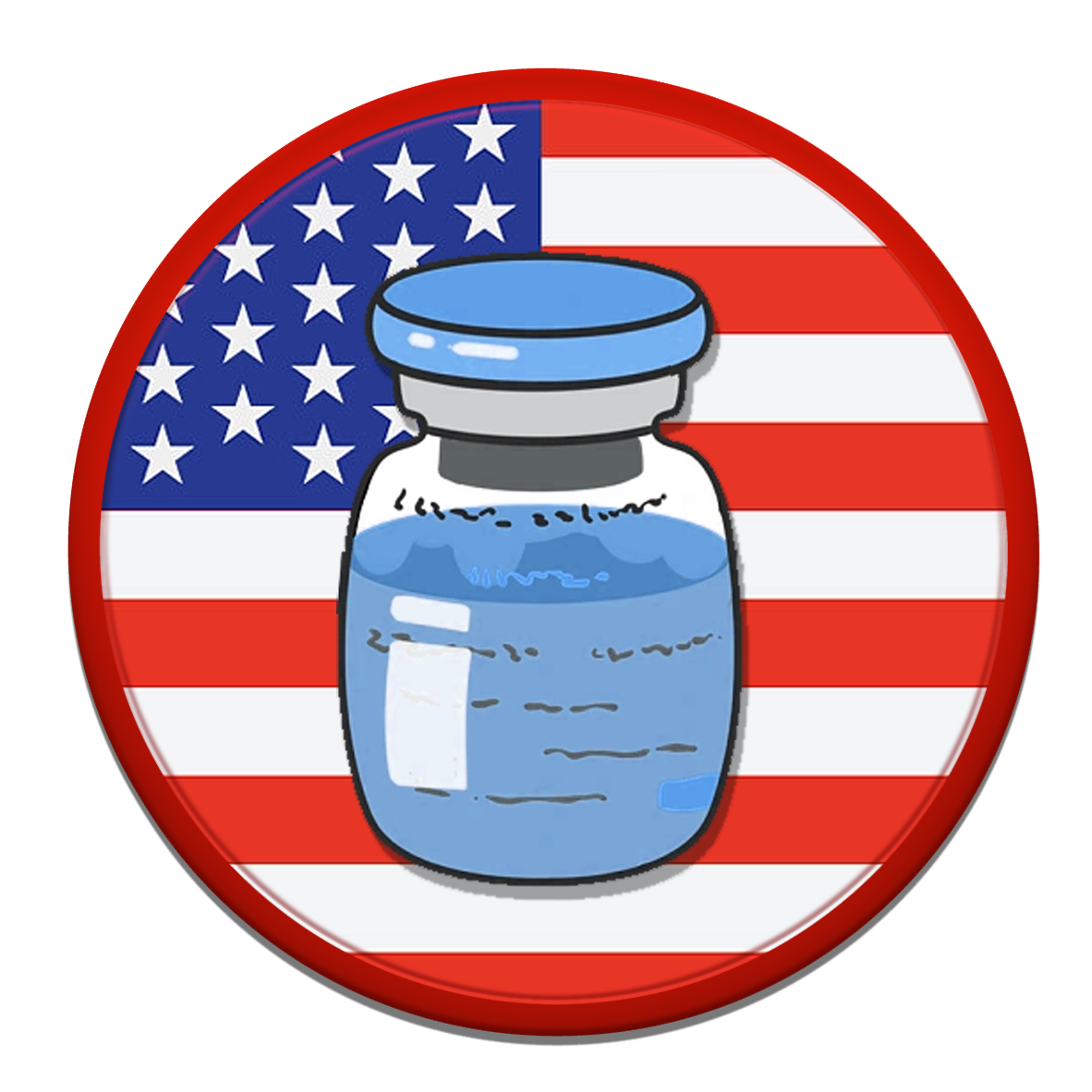
Retatrutide 10mg x 10 vials
10mg x 10 vials/kit
9707 in stock
Stealth International -> HGH & Peptides & HCG
Product number:42409
International shipping -stealth packaging
US$ 600.0
Quantity
units
Retatrutide (LY3437943) is an agonist of the glucose-dependent insulinotropic polypeptide, glucagon-like peptide 1, and glucagon receptors. Its dose–response relationships with respect to side effects, safety, and efficacy for the treatment of obesity are not known.
METHODS
We conducted a phase 2, double-blind, randomized, placebo-controlled trial involving adults who had a body-mass index (BMI, the weight in kilograms divided by the square of the height in meters) of 30 or higher or who had a BMI of 27 to less than 30 plus at least one weight-related condition. Participants were randomly assigned in a 2:1:1:1:1:2:2 ratio to receive subcutaneous retatrutide (1 mg, 4 mg [initial dose, 2 mg], 4 mg [initial dose, 4 mg], 8 mg [initial dose, 2 mg], 8 mg [initial dose, 4 mg], or 12 mg [initial dose, 2 mg]) or placebo once weekly for 48 weeks. The primary end point was the percentage change in body weight from baseline to 24 weeks. Secondary end points included the percentage change in body weight from baseline to 48 weeks and a weight reduction of 5% or more, 10% or more, or 15% or more. Safety was also assessed.
RESULTS
We enrolled 338 adults, 51.8% of whom were men. The least-squares mean percentage change in body weight at 24 weeks in the retatrutide groups was −7.2% in the 1-mg group, −12.9% in the combined 4-mg group, −17.3% in the combined 8-mg group, and −17.5% in the 12-mg group, as compared with −1.6% in the placebo group. At 48 weeks, the least-squares mean percentage change in the retatrutide groups was −8.7% in the 1-mg group, −17.1% in the combined 4-mg group, −22.8% in the combined 8-mg group, and −24.2% in the 12-mg group, as compared with −2.1% in the placebo group. At 48 weeks, a weight reduction of 5% or more, 10% or more, and 15% or more had occurred in 92%, 75%, and 60%, respectively, of the participants who received 4 mg of retatrutide; 100%, 91%, and 75% of those who received 8 mg; 100%, 93%, and 83% of those who received 12 mg; and 27%, 9%, and 2% of those who received placebo. The most common adverse events in the retatrutide groups were gastrointestinal; these events were dose-related, were mostly mild to moderate in severity, and were partially mitigated with a lower starting dose (2 mg vs. 4 mg). Dose-dependent increases in heart rate peaked at 24 weeks and declined thereafter.
CONCLUSIONS
In adults with obesity, retatrutide treatment for 48 weeks resulted in substantial reductions in body weight. (Funded by Eli Lilly; ClinicalTrials.gov number, NCT04881760.)





